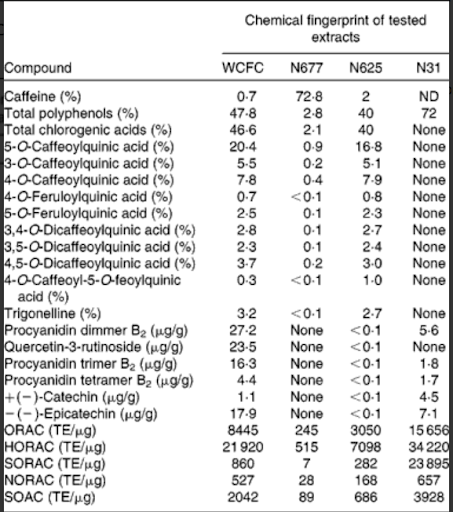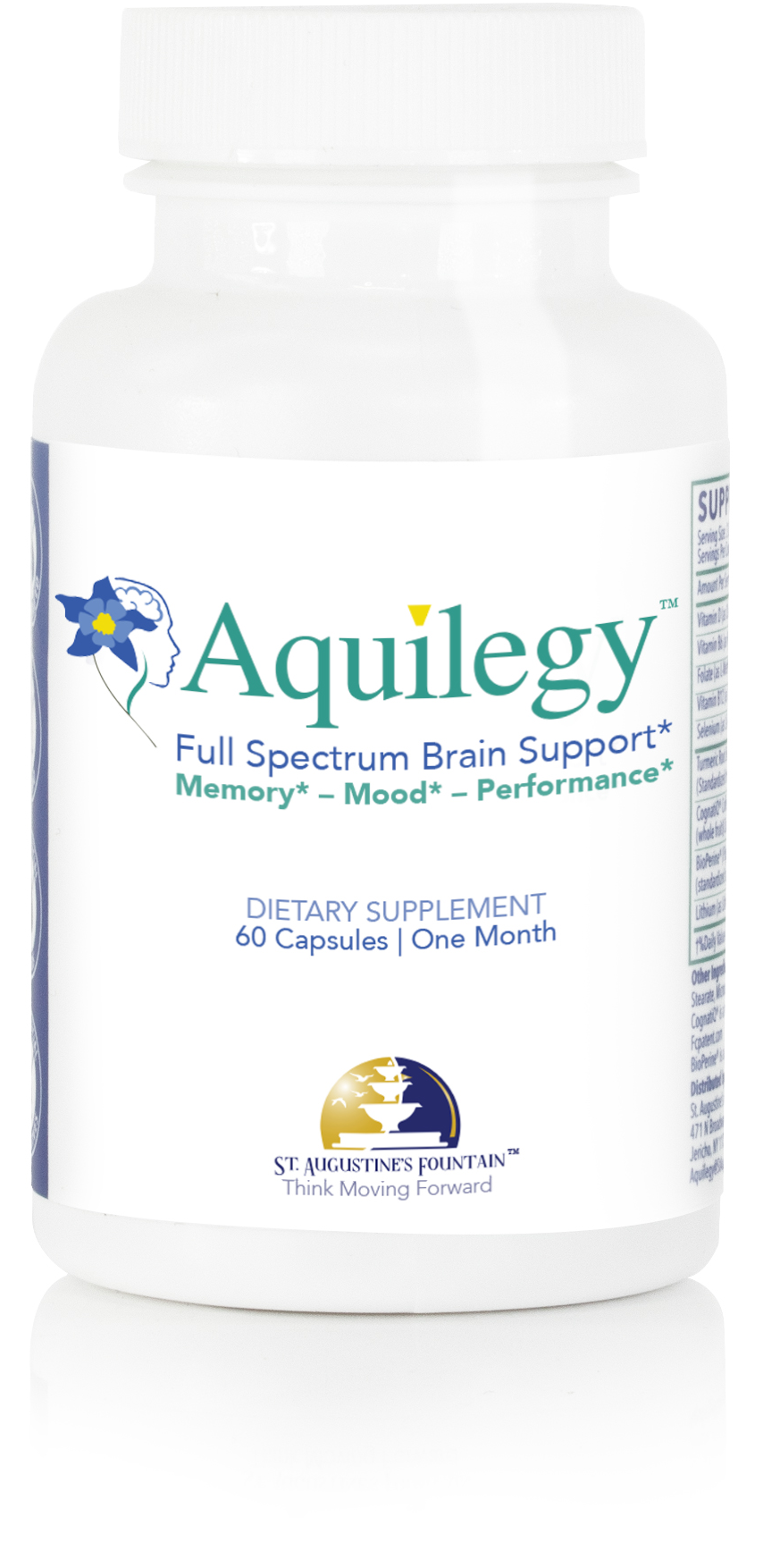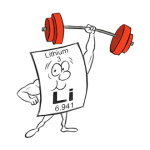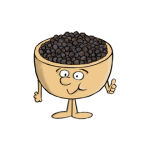Coffee Fruit & Mood

Coffee Fruit Boosts BDNF.
Studies have shown coffee fruit may significantly increase antioxidant activity (1)(2). Amazingly, coffee fruit has also been shown in studies to boost brain derived neurotrophic factor (BDNF) levels by 143% within 2 hours (3).
BDNF is a special kind of protein that promotes the survival, function and development of brain cells. Research suggests BDNF may have a major implication on the health of our mood.
* Aquilegy uses patented CognatiQ coffee fruit extract which is decaffeinated and the same branded extract used in studies supporting coffee fruit’s effects on BDNF.
Lower BDNF Is Associated With Lower Mood.
Although the mechanisms of poor mood have yet to be fully understood, researchers believe the biological pathways that affect neural plasticity should be a strong consideration (4). BDNF is known to support neural plasticity.
Neural plasticity is a term used to describe the ability of the central nervous system to modify itself. Plasticity is a key component of normal brain cell development and function, it is required for the brain to remain robust and stable (5).
Since BDNF is well-known to support neural plasticity, many researchers believe that boosting BDNF could help support a healthier mood (6)(7).
Studies have found decreased levels of BDNF in people who had reports of anxiety, mood disorders, and other associated complaints compared to people without these complaints (8)(9).
Studies have also found an association between lower BDNF and severity of these symptoms. Researchers believe this supports the idea that interventions to increase BDNF may be an effective approach in supporting mood and promoting better mental wellness (8)(9)(10).

(Reyes-Izquierdo, T., Nemzer, B., Shu, C., Huynh, L., Argumedo, R., Keller, R., & Pietrzkowski, Z. (2013a). Modulatory effect of coffee fruit extract on plasma levels of brain-derived neurotrophic factor in healthy subjects. British Journal of Nutrition, 110(3), 420–425. https://doi.org/10.1017/s0007114512005338)

1) Ostojic, S. M., Stojanovic, M. D., &; Djurovic, D. (2012). The effects of coffeeberry extract on plasma total phenolic content and antioxidant capacity in physically active men. Science & Sports, 27(5), 308–311. https://doi.org/10.1016/j.scispo.2011.12.008
2) Esquivel, P., &; Jiménez, V. M. (2012). Functional properties of coffee and coffee by- products. Food Research International, 46(2), 488–495. https://doi.org/10.1016/j.foodres.2011.05.028
3) Reyes-Izquierdo, T., Nemzer, B., Shu, C., Huynh, L., Argumedo, R., Keller, R., &; Pietrzkowski, Z. (2013). Modulatory effect of coffee fruit extract on plasma levels of brain-derived neurotrophic factor in healthy subjects. British Journal of Nutrition, 110(3), 420–425. https://doi.org/10.1017/s0007114512005338
4) Duman, R. S., Malberg, J., Nakagawa, S., &; D’Sa, C. (2000). Neuronal plasticity and survival in mood disorders. Biological Psychiatry, 48(8), 732–739. https://doi.org/10.1016/s0006-3223(00)00935-5
5) von Bernhardi, R., Bernhardi, L. E.-von, &; Eugenín, J. (2017). What is neural plasticity? Advances in Experimental Medicine and Biology, 1–15. https://doi.org/10.1007/978-3-319-62817-2_1
6) Yang, T., Nie, Z., Shu, H., Kuang, Y., Chen, X., Cheng, J., Yu, S., &; Liu, H. (2020). The role of BDNF on neural plasticity in Depression. Frontiers in Cellular Neuroscience, 14. https://doi.org/10.3389/fncel.2020.00082
7) Nieto, R., Kukuljan, M., &; Silva, H. (2013). BDNF and schizophrenia: From neurodevelopment to neuronal plasticity, learning, and memory. Frontiers in Psychiatry, 4. https://doi.org/10.3389/fpsyt.2013.00045
8) Cunha, A. B. M., Frey, B. N., Andreazza, A. C., Goi, J. D., Rosa, A. R., Gonçalves, C. A., Santin, A., &; Kapczinski, F. (2006). Serum brain-derived neurotrophic factor is decreased in bipolar disorder during depressive and manic episodes. Neuroscience Letters, 398(3), 215–219. https://doi.org/10.1016/j.neulet.2005.12.085
9) Palomino, A., Vallejo-Illarramendi, A., González-Pinto, A., Aldama, A., González- Gómez, C., Mosquera, F., González-García, G., & Matute, C. (2006). Decreased levels of plasma BDNF in first-episode schizophrenia and bipolar disorder patients. Schizophrenia Research, 86(1-3), 321–322. https://doi.org/10.1016/j.schres.2006.05.028
10) Altar, C. A. (1999). Neurotrophins and depression. Trends in Pharmacological Sciences, 20(2), 59–62. https://doi.org/10.1016/s0165-6147(99)01309-7






